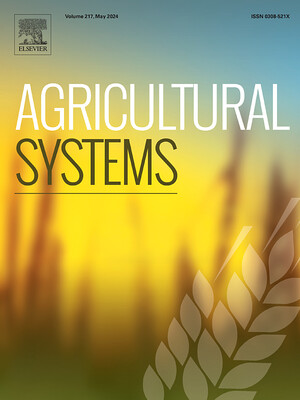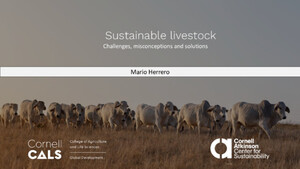
Tracking climate change adaptation in Eastern Africa: Integrating governmental and livestock keeper perspectives
Abstract
Adaptation tracking is crucial for understanding progress in responding to climate change impacts across space and time. However, adaptation tracking is constrained by the lack of agreement on how to measure adaptation. While there has been significant focus on government plans and other documented adaptation as the basis for adaptation tracking, emerging literature also advocates for inclusive approaches that consider multiple experiences and priorities when designing and using adaptation tracking indicators. However, little literature empirically investigates the specifics of what this integrated approach is or what it could achieve. We address this gap using a thematic analysis of 48 focus group discussions and of government policies to compare the perspectives of livestock keepers and governments in Eastern Africa on climate risks and adaptation in livestock systems. The results show considerable similarities in how they perceive climatic hazards, impacts, adaptation strategies, goals, and adaptive capacities, highlighting elements that could be recognized as relevant by both sets of stakeholders. However, the differences underscore the value of an integrated approach as it supports the recognition of variations in climate risks and adaptation options across contexts as well as capturing diverse effects of adaptation across scales. Insights from this paper contribute to discussions on developing integrated adaptation tracking frameworks that take into account the contextual nature of climate hazards, impacts, adaptation strategies, adaptive capacities, and adaptation goals.
Citation
Njuguna, L., Biesbroek, R., Crane, T. and Tamás, P. 2023. Tracking climate change adaptation in Eastern Africa: Integrating governmental and livestock keeper perspectives. Climate Policy










